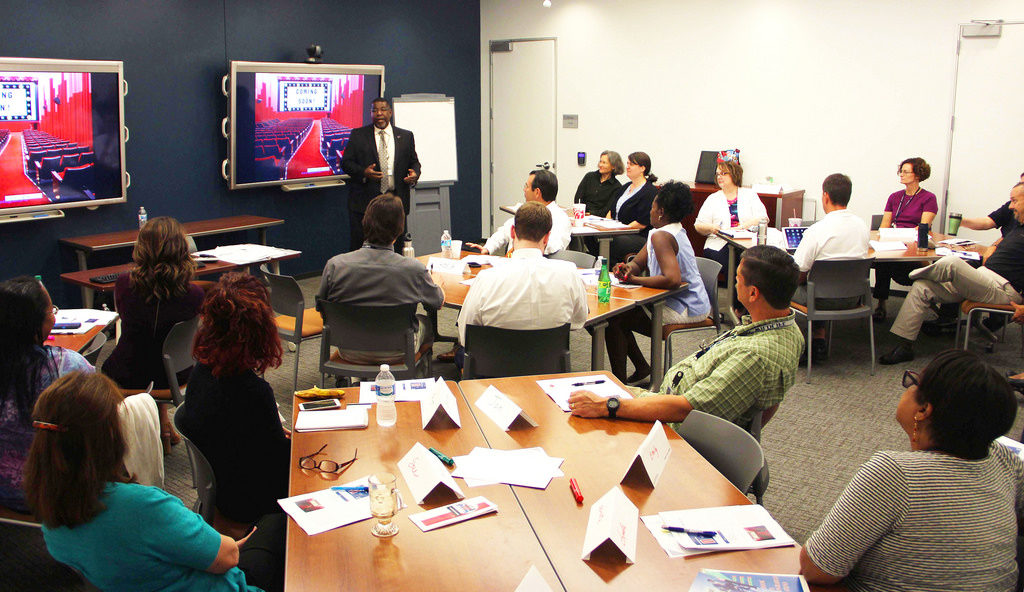As an entrepreneur on the college schedule, I often get questions about how I manage my time. How do I go to classes, do homework, run, and run a business while keeping everything together.
I’m going to be very honest. You need to make sacrifices, but not as many as you think. You will need to cut back on TV and other activities. No matter how good the business school is, you’ll need to self-educate yourself how to become a successful entrepreneur.
You’ll need to read more books, listen to more audiobooks and podcast episodes, and if you watch videos, they need to be educational.
Yes, it’s a big change, but you don’t need to sacrifice your social life. I play pool for several hours each week. I run which serves as fitness and interacting with my teammates. I don’t head over to the library and only emerge when there’s five minutes until the next class.
In fact, I never go to the library (Note: if you dorm, go to the library. Instead of the library, I go home after my classes and commit hours of that time towards my work. If you dorm, you don’t have that option).
The Weekend Is Your Treasure
Some college students party every weekend. A day spent partying is two days wasted. One day for the party and the other day for the recovery.
The college entrepreneurs who take their work seriously don’t have time for that. Weekends present hours of uninterrupted time for work. Sure, there may be some homework in between, but the weekends are your time.
Since you’ll have to do it when you graduate, you might as well use this time now to move your business forward. If you’re reading this and are still in college, don’t wait until you get out. About half of the people who remark on my productivity also wish they were doing the same things when they were my age.
Team Up For Classes
If you skip all of your classes to pursue entrepreneurship, you might as well drop out. College is very expensive, and you either choose one or do both.
To make the workload easier, quickly make a new friend in each class you’re in. Ideally, get friendly with people who are in multiple classes.
That way, when you need help with the homework or want to know if there was homework, you can ask someone who will help you. When the test comes, you have a study partner.
Two heads are better than one, and it will cut down the workload for you and your friend. If you know no one in the class, get friendly with at least one person. That person may know other people in the class.
Have The Long-Term Vision
This is the big dream that keeps you up at night. When you finally nod off, you’re dreaming about this big dream.
Some people set long-term vision goals of becoming a millionaire, being a bestselling author, and impacting many people in a big way. What are your goals for five years, 10 years, and beyond?
Get specific. Don’t say you want to be a millionaire. Say that you want $1,145,284.53 in your savings account in five years. The more specific, the better.
Set Micro Visions Along The Way
Long-term visions aren’t guarantees. They don’t magically happen a few years out of college. Micro visions get you clear on the work you need to do first.
Micro visions allow you to lay out what you need to do this week and month to achieve your annual objectives. Just like anyone else, I set New Year’s resolutions. I get most of them accomplished because I set micro visions that I use as stepping stones towards my resolutions.
If I want to get 150,000 Twitter followers in one year, then in the first month, I want to gain at least 15,000 followers. I know at that rate, I’ll surpass my goal. I’d rather start ahead than behind because that gives me a better chance of finishing ahead.
Micro visions get you clear on the actions you can take now on your way towards long-term goals. All that’s left at this point is to do the work.
Self-Educate
I briefly mentioned it before, but I need to mention it again. You don’t need to read 10-30 books every month like I do. However, you need to self-educate yourself whether it be through written content, audio, or videos.
One power tip for reading books is that once you’ve read enough books, you need to choose five books that you’ll read every day. You won’t read these books from cover to cover. Rather, you’ll read different sections of each book even if you just read 2-3 pages in each book.
Daily immersion in the books that had the biggest impact on you will keep you in the right frame of mind. I read five books for two minutes each to start my morning. It’s a great way to kickstart my mindset.
A Few Other Things
Some people need straight As. While I intentionally aim higher because that will boost my GPA, I just need straight Bs to maintain my desired 3.00 GPA. I typically end up with a 3.20–3.30 GPA every semester. You should aim for a respectable GPA, but you don’t need a 4.0 especially when you’re putting in the extra work as an entrepreneur.
Find creative ways to make ordinary time productive. Daymond John meets with people when he eats. While driving, you can create a podcast episode or listen to an audiobook. Think of how you can turn any moment into productive time.
Don’t let your battery drop to zero. If you feel like you’re running on fumes, you won’t be running for long. No, Red Bull is not the answer. Don’t trick yourself or your body.
In Conclusion
Chances are if you made it to the end, you either want to be a college entrepreneur or tell a college student about this. Maybe you’re a professor who wants to share these teachings with your students.
This is my basic ideology for being a college entrepreneur. It’s how I get my homework and business work done.
What were your thoughts on my approach to being a college entrepreneur? Do you have any tips for college students who want to pursue the entrepreneurial bug? Do you have a question for me? Sound off in the comments section below.









